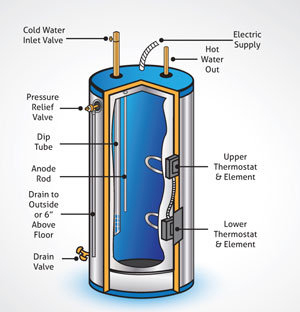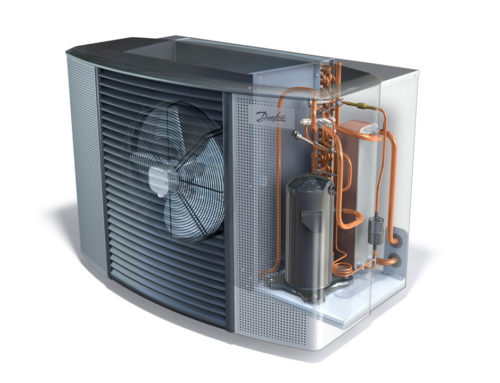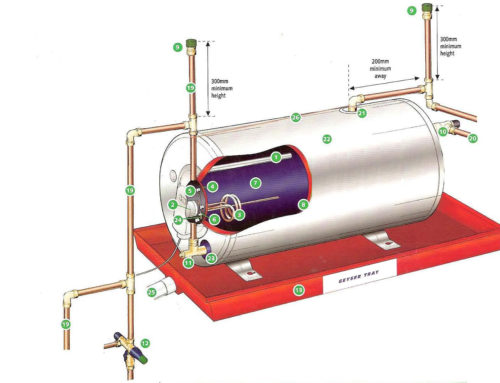Your geyser or hot water system is like your motor vehicle, it needs to be checked and serviced on a biennial basis (every 2 years). This will assist in maintaining the geyser to last longer, operate at its best and more importantly to avoid a suddenly burst that will be costing you more than just money. The replacement of a burst geyser often comes with damage to roofing, flooring and other possible issues and hassles that could end up costing thousands.
Many of our clients and most people in general are often very surprised when any of our maintenance plumbers mentions how important it is to service your geyser on an annual basis.
Clients tend to forget about their geyser and only tend to it when it has a problem such as a leak or when is bursts.
Trojan plumbing has put together a solution to assist our clients in maintaining their geysers with a biennial appointment to service your geyser.
| 1st Year | Replace anode and clean geyser / valves inside |
| 3rd Year | Replace anode, element and clean geyser / valves inside |
| 5th Year | Replace anode, vacuum breaks, valves and clean geyser / valves inside |
| 7th Year | Replace anode, element and clean geyser / valves inside |
| 9th Year | Replace geyser |
(Repeat cycle)
Note: Thermostats will only need to be replaced as they malfunction and break.
Signup in the month of August
and receive a quote on the above plan with a 10% discount on your 1st geyser service.
What happens to a geyser that requires it to be serviced?
A biennial service to your geyser is important because it allows the anode, element, thermostat, vacuum breakers and valves to be checked and replaced if they have worn through, cleaned if dirty and fixed if leaking. The anode is a sacrificial rod that sits in the geyser, broken down by the water. The water attacks this first before the actual body of the geyser. Once the anode is broken down and finished, a sediment is left in the geyser. This sediment creates rust, blocks valves and makes the water go brown.
The element which sits in the water is then also in jeopardy and because there is no more anode, the element breaks down and causes the power to trip to the geyser. A lot can go wrong in the geyser and every part is dependent on each other. The whole performance of the geyser is dependent on all its parts being fully functional, clean and replaced when damaged.




